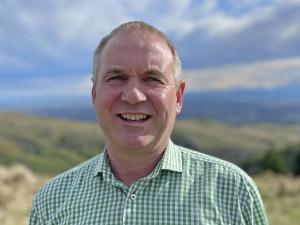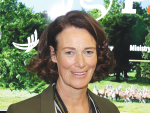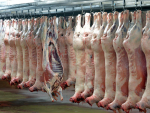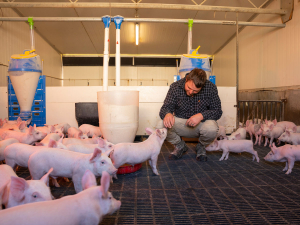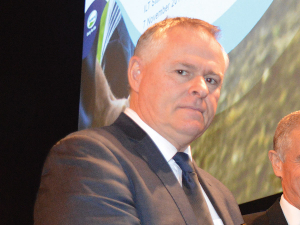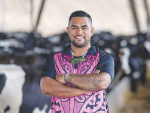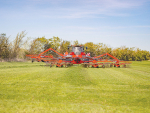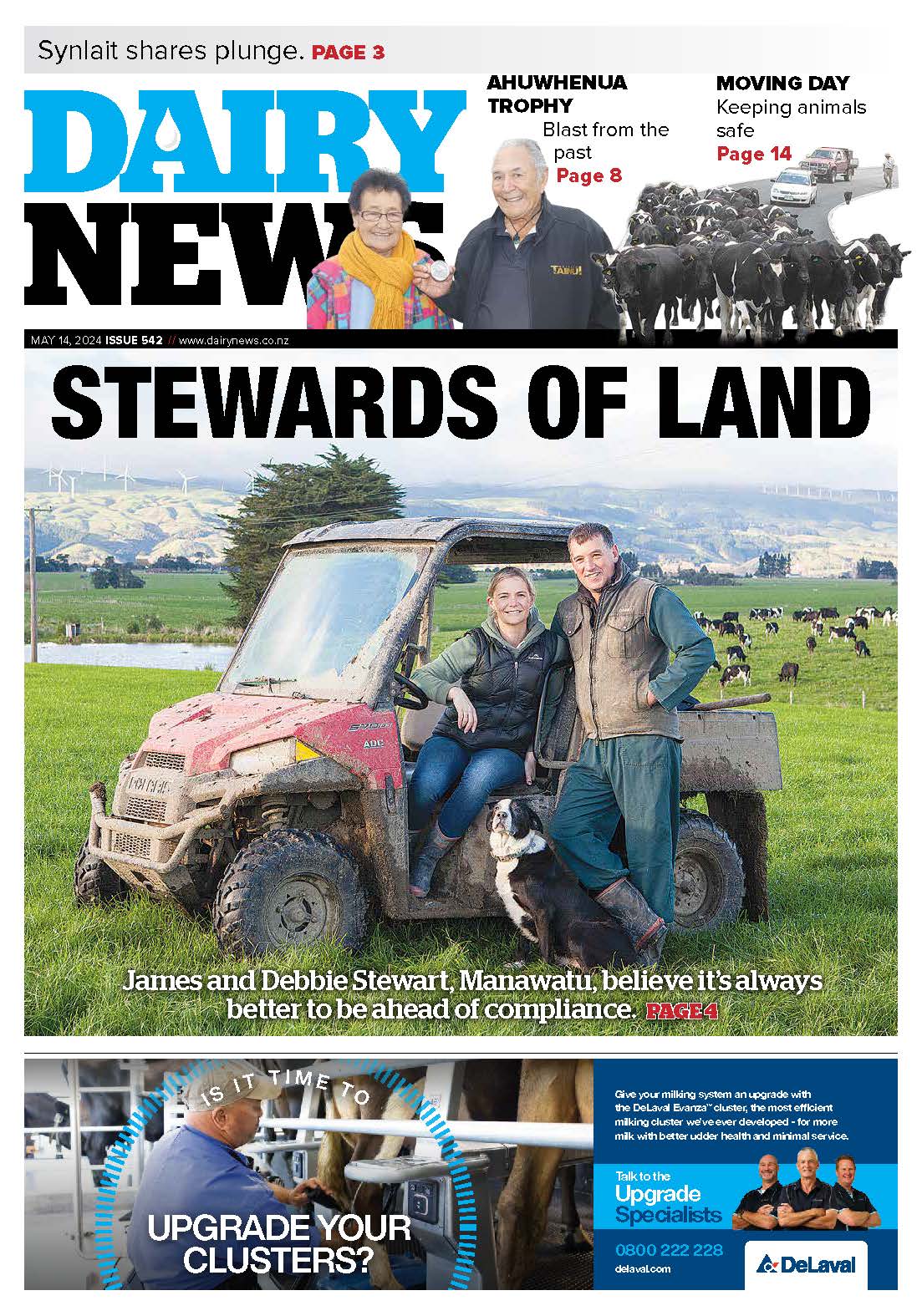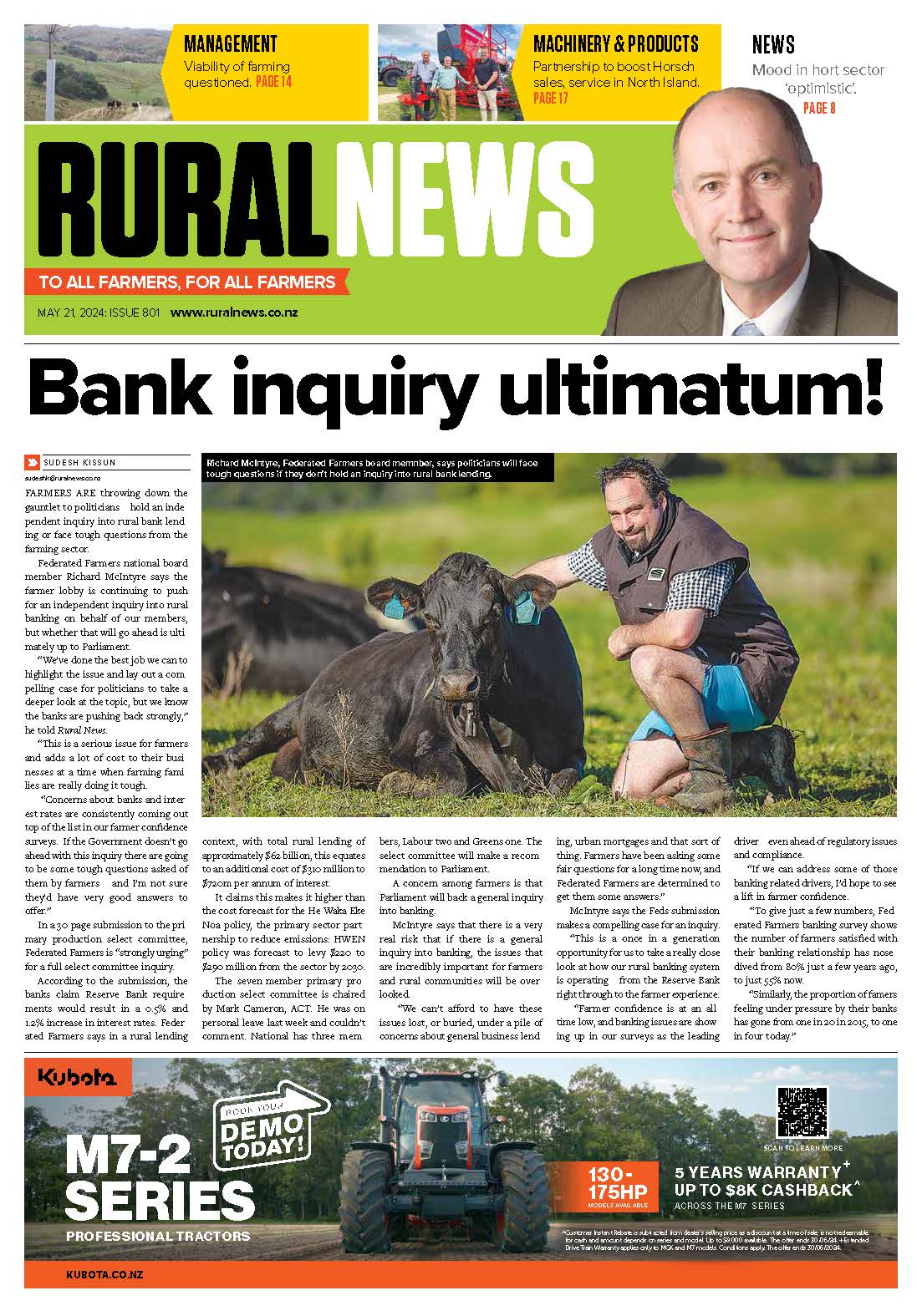With markets demanding higher environmental and societal standards from the products deer farmers are supplying, the deer industry is organised and DINZ says it is set on supporting producers navigate the planning systems and services to come out the other side with an integrated farm plan, Ladley says.
The main fuel for this initiative, “Engaged Farmers to Succeed”, is its $700,000 share of the $37 million the Government budgeted for a national integrated farm planning system for farmers and growers.
The programme is funded through to 2026 and is administered through the Ministry for Primary Industries (MPI).
The integrated farm planning programme aims to help up to 40,000 farmers and growers nationwide through a broader approach to integrated farm planning that cuts out duplication, identifies improvements, helps achievement of business goals and promotes better information sharing.
Ladley says that for integrated farm planning to work, deer farmers need to understand the benefits of the process and how it could improve returns.
“They aren’t interested in yet another cost of doing business,” he says.
“IFP is much broader ranging. In fact, when done properly, it can act as a template for someone taking over a farm business from scratch.”
Ladley says he doesn’t want to add to the clutter and current uncertainty about the direction of regulatory change, but he’d like deer farmers to be able to leverage the work that’s currently being done.
“Some of the meat processors also have teams helping their suppliers within the NZ Farm Assurance programmes, NZFAP and NZFAP Plus; there are other commercial entities offering similar services and of course there are farmer – or community-led initiatives like catchment groups,” he says.
“They are all doing good work in this space,” he says.
He says that it’s for these reasons the deer industry team is taking a cautious approach to building trust among farmers that there will be a better way to build a solid planning framework around their business.
“We’re still at the start of that process, doing some monitoring and evaluation to get better insights. We need to identify where people are on that farm planning bell curve. That will drive what we do.”
Approximately, 300 deer farmers are signed up to NZFAP, according to DINZ, with approximately 30 accredite to NZFAP Plus.
Ladley suspects that those who are “ahead of the curve” will find that they have already done a lot of the work for integrated farm planning.
A big advantage for the deer industry is that it is very strongly connected through an active Deer Farmers’ Association and also through the networks that were built through the seven-year Passion2Profit (P2P) programme, which ran until 2022.
“Nineteen of the P2P Advance Parties, representing nearly 200 deer farmers, will be taking on the IFP programme, plus three of the P2P Environment Groups.”
Avoiding duplication or reinventing the wheel with farm planning is a priority for Ladley and he’s familiar with NZ Farm Assurance Programmes which are a very good framework for an IFP. They are not mutually exclusive, he says, and are in fact useful building blocks.
“We’ll be taking a modular approach, helping deer farmers build an IFP based on what they’ve already done, and taking on the work in bite-sized chunks,” he says.
“A lot of our effort will be in connecting farmers with the products and services that will help them get there. But their existing connections with each other and the deer industry’s strong collegiality will also be a real asset.”





